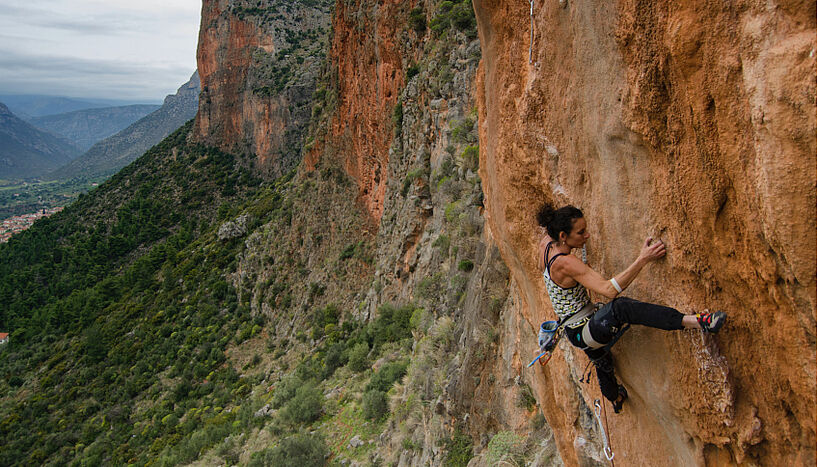Lack of diversity in science
02. März 2021
A new study by Bea Maas shows that women and experts from the Global South are barely represented at the top academic authorship. (© Free Pics / Unsplash / Fionn Claydon)
Women and the Global South are strikingly underrepresented
Most publications in leading scientific journals are by male authors from English-speaking countries. This changes only slowly, according to a recent study on diversity in top authorship,
concludes Bea Maas from the University of Vienna. Her new study examines the (non-existent) diversity in top authorship in science. It shows that women and experts from the Global South are barely represented on this list. The results were published in the journal "Conservation Letters".
The study examined the gender and affiliations of 1051 top-authors, those scientists with the most publications in 13 leading ecology and conservation journals. The results show that women and the Global South are barely represented on this list. "The overall list of top authors included only 11% women, while 75% of the articles were related to just five countries in the Global North," says Bea Maas, lead author from the University of Vienna. "This massive imbalance in scientific authorship is extremely concerning, especially in the field of ecology and conservation, where diverse perspectives are needed to address global climate and environmental challenges," Maas emphasizes.
Analysed trends over different time periods showed that the proportion of top female authors increased from 3% to 18% between 1945 and 2019, while the Global South recently represented 25% of top publishing authors. "The current proportions of women and scientists from the Global South in the top authorship are still far from societal or academic distributions, and show a clear need to catch up in the promotion of scientific diversity" says Maas. "Hardly any authors from India, China and other densely populated regions of major importance for global conservation and sustainability appear in the list, while many other countries are not represented at all," Maas notes.
The lack of representation of women and the Global South affects not only top authorship in ecology, but also scientific leadership, according to the authors of the study. "In many areas of science, publication output and especially top authorship determine career development and the allocation of leadership positions," Maas explains.
The study highlights links between top authorship and scientific leadership and derives four specific recommendations to promote scientific diversity:
First, scientific journals and societies should make special efforts to promote diversity and inclusion in leadership recruitment. Second, the authors recommend evaluating the trajectory of a scientific career based on diverse competencies beyond publication outputs. Third and fourth, the authors of the study advocate for structural changes to promote parenting time and diversity among staff, collaborators and co-authors to promote and protect the integrity of scientific communities. Other recommendations directed specifically at scientific author and community level, serve, according to Maas "to improve scientific best practice, especially with respect to actively promoting diverse and global perspectives in ecology and conservation."
Publication in "Conservation Letters":
Bea Maas, Robin J Pakeman, Laurent Godet, Linnea Smith, Vincent Devictor and Richard Primack (2021). Women and Global South strikingly under-represented among top-publishing ecologists. Conservation Letters, in press DOI: 10.1111/conl.12797
Wissenschaftlicher Kontakt
Dr. Bea Maas
Department für Botanik und BiodiversitätsforschungUniversität Wien
1030 - Wien, Rennweg
+43 650 4200494
bea.maas@univie.ac.at
Rückfragehinweis
Pia Gärtner, MA
Pressebüro der Universität WienUniversität Wien
1010 - Wien, Universitätsring 1
+43-1-4277-17541
pia.gaertner@univie.ac.at
